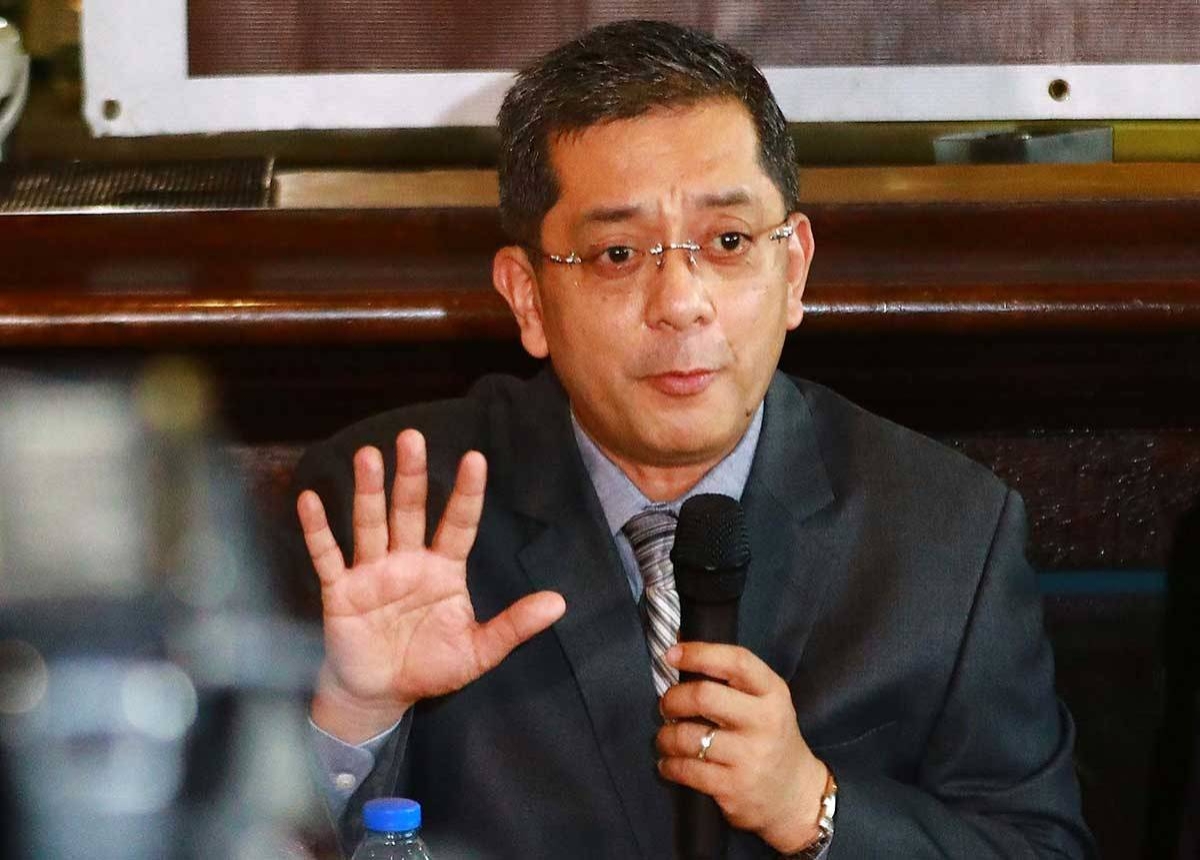The Commission on Elections (Comelec) has recently stated that there are no legal obstacles to holding a plebiscite on Charter change during the 2025 national and local elections. This assertion is based on a study conducted by the Comelec Law Department and submitted to the Commission en banc for consideration.
According to Comelec Chairman George Erwin Garcia, the study concludes that there is no provision in the law that prohibits the simultaneous holding of the national and local elections and a plebiscite. This finding is supported by a Supreme Court ruling in Occena v. Comelec, which states that there is no specific prohibition against such joint events.
Garcia further explains that the Comelec has previously conducted a plebiscite along with village and youth elections in October 2023, when it sought to convert San Jose del Monte, Bulacan, into a highly urbanized city. Although the legality of holding an election and a plebiscite together was questioned in the Occena v. Comelec case, the Supreme Court did not provide a clear answer. However, Garcia points out that the issue was settled during the constitutional convention when the legality of a simultaneous election and plebiscite was affirmed.
If the plan to hold both the elections and the plebiscite concurrently in 2025 proceeds, the Comelec would require a joint resolution from the Senate and the House of Representatives. Ultimately, the decision on the type of election to be conducted would depend on the law, the Constitution, and the stance of Congress.
Garcia assures that the Comelec is fully prepared and capable of conducting a regular election and a plebiscite simultaneously with only minimal adjustments in the size of the ballot. Furthermore, he emphasizes that this can be achieved at no additional cost to the government, except for the provision of extra allowances to public school teachers assigned to the precincts on election day.
In contrast, holding the plebiscite separately from the 2025 elections would cost the government at least P13 billion. In comparison, the additional P2,000 honoraria for approximately 350,000 public school teachers would be significantly less expensive.
While President Ferdinand Marcos Jr. and lawmakers support the idea of holding the plebiscite and elections simultaneously, Lanao del Sur 1st District Rep. Zia Alonto Adiong expresses concerns that doing so may politicize the question of Charter change. He believes that fast-tracking discussions on constitutional amendments aims to shield them from political innuendos and interpretations. Adiong emphasizes the importance of concluding discussions on amending the economic provisions of the Constitution to prevent them from becoming subjects of political contests.
The House Committee of the Whole has already commenced deliberations on Resolution of Both Houses 7 (RBH 7), which seeks the same amendments as RBH 6 filed in the Senate. Both resolutions aim to amend certain provisions of the Constitution to enhance the country’s appeal to foreign investments.
The House plans to hold three hearings per week and aims to secure a vote before the Holy Week break in March. The proposed amendments in RBH 7 and RBH 6 cover Article XII (Section 11), Article XIV (paragraph 2 of Section 4), and Article XVI (paragraph 2 of Section 11). The primary objective of both resolutions is to add the phrase “unless otherwise provided by law” to these provisions. Additionally, they seek to insert the word “basic” before “educational institutions” in the first sentence of paragraph 2, Section 4 of Article XIV.
In conclusion, the Comelec’s study indicates that there are no legal barriers to holding a plebiscite on Charter change during the 2025 national and local elections. The ultimate decision rests on the law, the Constitution, and the resolution of Congress. The Comelec assures that it is fully prepared to conduct both events simultaneously, minimizing costs and disruptions. However, there are concerns about the potential politicization of Charter change. The ongoing deliberations on RBH 7 and RBH 6 aim to amend specific provisions of the Constitution to attract foreign investments.
Source: The Manila Times








